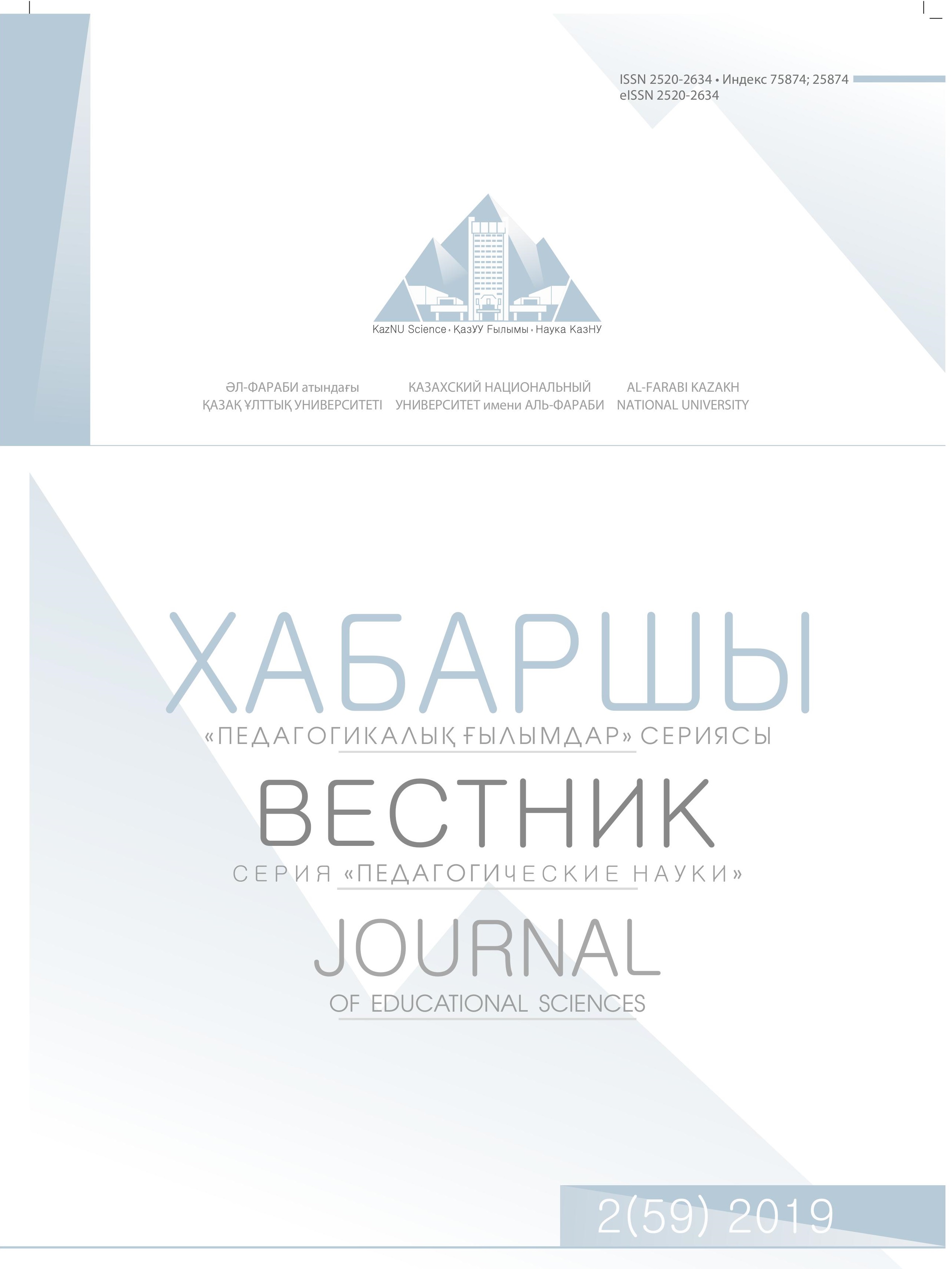Application of the System Approach in the Teaching of the Concept of Modern Natural Sciences
DOI:
https://doi.org/10.26577/JES.2019.v59.i2.012Abstract
The article deals with the technological features of teaching humanities students in the subject “The Concept of Modern Natural Science”. Natural science plays an important role in the development of the individual, even in the development of the culture of the whole society. The most important thing that worries us is to give students studying in the humanitarian field reliable information about the significance of natural science. The purpose of the course is the formation of a natural-scientific image of the world that forms the scientific worldview. Worldview determines the intended and practical human activity in interaction with the environment and its restructuring. Any object of the material world should be considered as a single organized object, as a complex structure of the atom, planet, organism or galaxy. According to the developed method of teaching the subject, when explaining the concepts of natural science to future specialists in different field of training, it is necessary to disclose examples in accordance with physical and chemical laws, using the method of regularity. For example, on the topic “Time and natural rhythm” we explain the mechanisms that need time, especially when it comes to living organisms, that time takes a certain rhythm and reacts to it. As a result, we can conclude that the world is developing according to the laws of rhythms. Living organisms receive several rhythmic signals from the environment, time, duration and origin of which are different. Depending on the origin of the rhythm, their period, stage viability of living organisms can be at a high level. Synchronous external and internal rhythms allow living organisms to navigate in time. The main feature of this discipline at the methodological level is the great potential of interdisciplinary integration of knowledge. Secondly, the course gives students the opportunity to develop their thinking abilities and understand the unity of science in the modern world.
Key words: natural science, humanities, pedagogy, system approach, concepts of modern natural science.















